| |
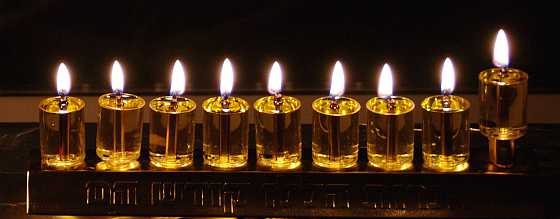
This Google Custom Search looks only
in this website.
Solly Ganor First told Chiune Sugihara about the Plight of the Jews on Chanukah Eighty Years Ago
"I went to my aunt, who lived not far from us, to get Chanukah gelt. I was 12 years old. She had a candy store. When I got to her store, Sugihara, the Japanese consul, was there. He bought candies for his children. He said to my aunt, `I heard that you have a holiday now.' She explained to him about Chanukah. When she gave me my Chanukah gelt, he also wanted to give me...
"I said to him, `You are not our relative. I cannot take from you.' The Consul answered, `Why not? For Chanukah I will be your uncle. Your Japanese uncle.' Then I said, `If you are my uncle, then please come to us on Shabbos, for our Chanukah party.' My aunt was a little shocked. She was very embarrassed. A boy of 12 invites the Japanese consul to a party in his home. But he was very pleased, and he said,`So I am your uncle and you can take the money.'
"In strong contrast to my aunt's dismay, Sugihara was very interested in my invitation, and he promised to come to our Chanukah party that Shabbos."
It is now 80 years since that fateful meeting on that cold wintry night of Chanukah in Kovno, Lithuania, between Chiune Sugihara — truly one of the righteous of the Nations of the World and a noble soul who saved thousands of our people — and a young Jewish boy in a candy store. The eyes of Solly Ganor, who was that young boy, tear up as he recalls those innocent but portentous events so long ago.
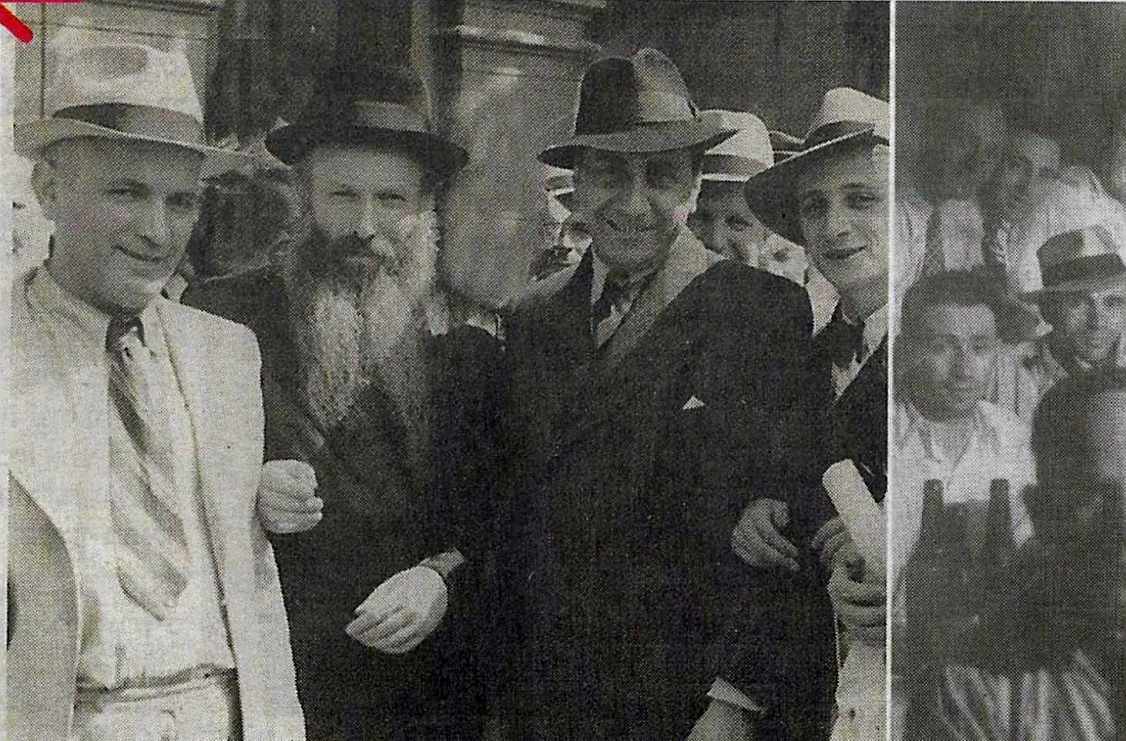
HaRav Chaim Walkin shlita Discusses the Miracles of Kovno and Shanghai
The Mashgiach of Ateres Yisroel yeshiva, HaRav Chaim Walkin, was born in Shanghai. His father, HaRav Shmuel Dovid Walkin zt"l, a prewar rov in Lokatch, was one of the leaders of the Torah community of Shanghai.
HaRav Walkin says, "Every year I tell the talmidim of the yeshiva while lighting Chanukah candles what we see of the potential of a single act of chesed. Here we see how in the great miracle of Chanukah lay also salvation for generations to come.
HaRav Walkin tells some amazing, little-known stories about Shanghai.
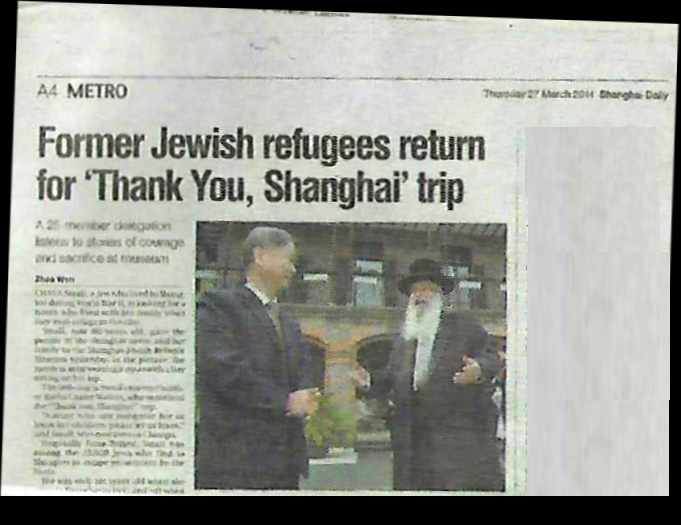
Organizations Work to Highlight Shabbos
In light of the recent assault on the holiness of Shabbos, many organizations are stressing Shabbos in their outreach activities. Two of them are Arachim and Hidabroot.
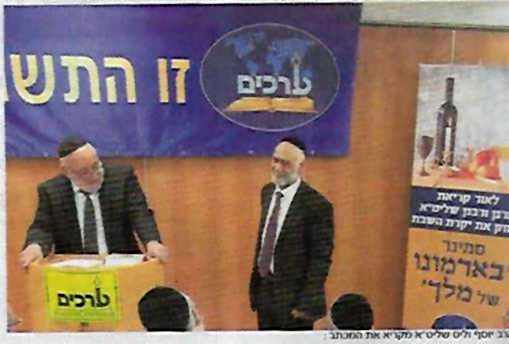
Mass, Centralized Army Registration in Bnei Brak
Hundreds of yeshiva students learning in Bnei Brak registered with the army in a special process set up by the Vaad Hayeshivos.
Poisoned by Shibud Malchuyos - What Shibud Malchiyos does to Us
By HaRav Shlomo Wolbe, zt"l
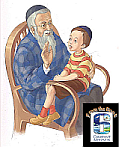
Originally published in 2005, this essay clarifies the meaning of the yoke of exile in our lives. This is particularly relevant on Chanukah as we reflect on the influences of the nations of the world on us.
The non-Jewish way of thinking and way of life, which center around the aspiration for a life of comfort and luxury, have filtered into our midst. Every fad Parisian tailors invent is leaped at in Eretz Yisroel as well. And when New York Bohemians grow their hair long the trend is imitated here, too. All this is part of the secret of shibud malchuyos, our state of bondage to foreign rule. We consider ourselves independent but in reality Klal Yisroel is in a state of total concealment.
Today shibud goluyos is on the rise. It used to be more palpable in gashmiyus, whereas now it is felt more in ruchniyus. This bondage has penetrated our circles. We all sense it. And even those who conquer their yetzer and do not pursue it, still see beauty in it. We like their songs and their cheap secular newspapers are not muktzeh to us, even though everybody knows and feels how much damage can result from every glance at the lengthy descriptions of base crimes and heretical views. How much have we already been poisoned by spiritual shibud malchuyos?
click here
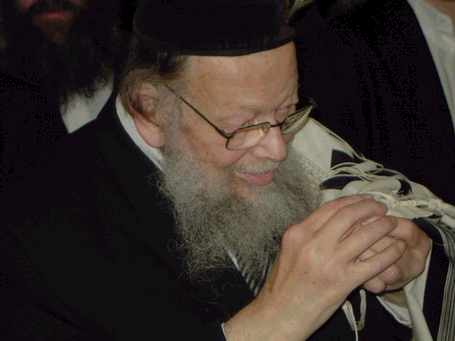
Rain and Kinneret Watch
by Dei'ah Vedibur
Staff
Our weekly report of the rain and the level of the Kineret -
Winter, 5780.
* * *

|
From Our Archives |
|
A Chanukah His'orerus for the Ben Torah
by HaRav Leib Lopian, zt"l
There is the famous question posed by the Bais Yosef: Why do we kindle the Chanukah lights for eight days? Wasn't there enough oil in the menorah of the Beis Hamikdosh to burn for that first day? As such, that first day should be no miracle, and we would remain with the miracle of the oil lasting for only seven days, not eight.
To this, der velt answers the following: When one contemplates the Chanukah miracle -- that the oil, which was truly enough for only one day, lasted for eight days -- one comes to the realization that teva-nature is also a miracle.
What is the true difference between nature and miracle?
Hashem created His World from nothing at all, and it wondrously continues to exist. We have simply become accustomed to it. Man is born into this world where the sun shines by day and the moon illuminates the night. Everything follows its own course and natural setting, and therefore does not impress us at all -- until something new and unexpected occurs.
Yet, when one contemplates the goings-on of this world and is forced to realize that every aspect of nature is indeed a miracle, then one can understand why Chanukah is celebrated for eight days. We are celebrating the first day of "natural" phenomena, in addition to the seven days of miracle.
|
|
Phidias the Recruit
by HaRav Alter Halpern, zt'l
The following story was written by HaRav Halpern almost fifty years ago. It tells the story of Chanukah in a dramatic and poignant way, from the (fictionalized) perspective of a young Hellenizer (Misyavein) who lives through the events. With it we also note HaRav Halpern's first yahrtzeit, 16 Teves.
It was with misgivings that Phidias saw Philodemos crossing the lofty-pillared Propylaeum towards him. Philodemos, though a Jew himself, was the strictest and most pedantically Hellenistic of Phidias's teachers, and the very sight of him always made him uncomfortable.
"Well, Phidias," said the teacher, "let me hear the poem you were to compose. I hope its hexameters do not shuffle along as abominably as you were doing just now!"
That was just like Philodemos; always reminding him of his ungracious way of moving and talking. Was it his fault that he had come to the school when he was already twelve?
He had been sent there by his uncle after his father's death; until then he had been at a Jewish school and had been called Yosef.
|
POPULAR
EDITORIALS
Av, 5765 - Kislev 5766 (August-December 2005)
May-July, 2005
|



